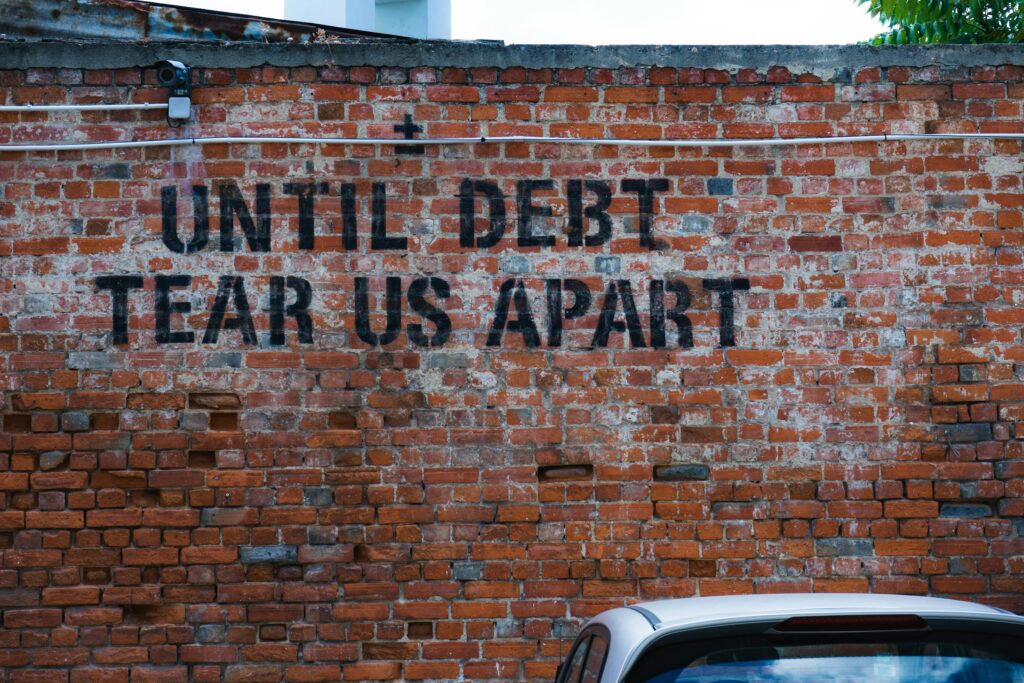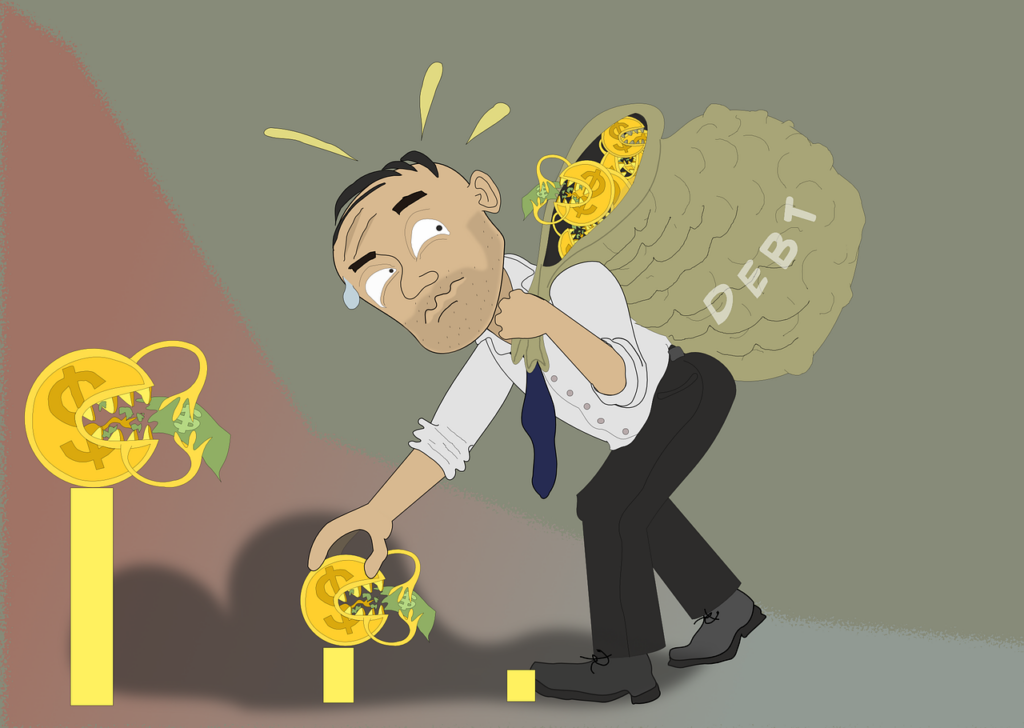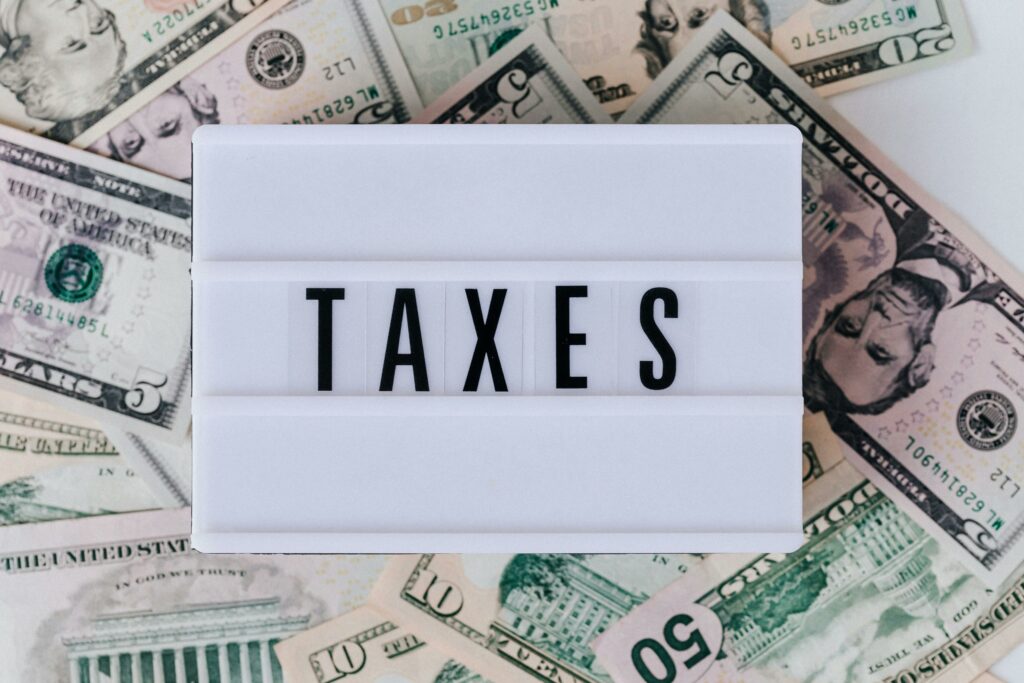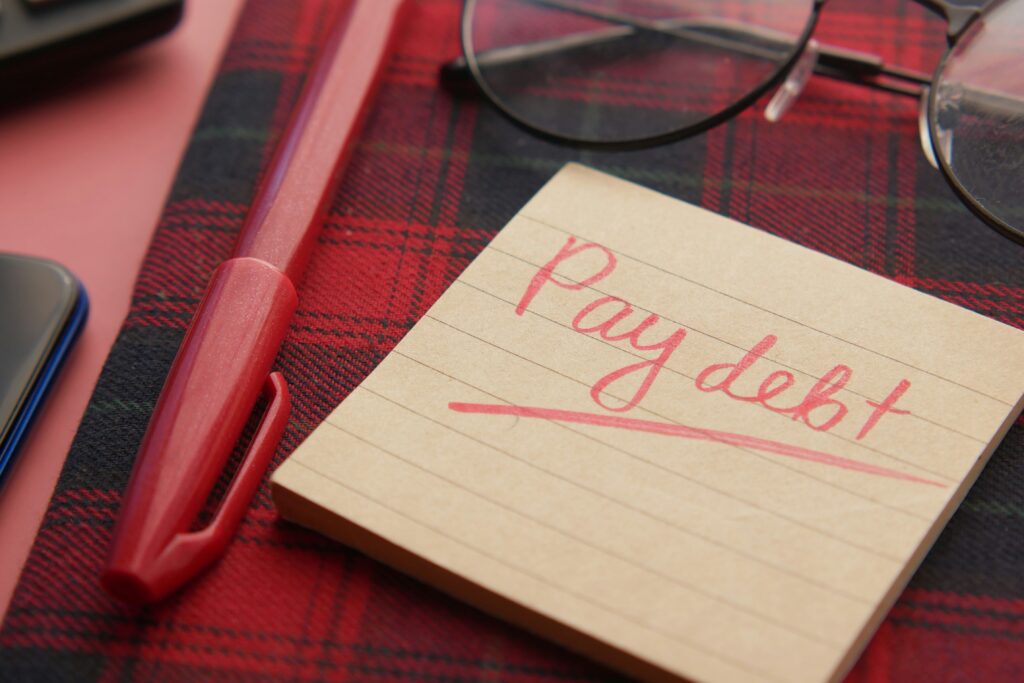Love our content? Show your support by following us — pretty please!🥺
FOLLOW ON PINTEREST
Hi! I’m Kate, the face behind KateFi.com—a blog all about making life easier and more affordable.
If your credit card bills are stacking up like Jenga blocks and you’re one bad move from collapse, you’re not alone. Choosing a path out of debt can feel overwhelming, especially with terms like debt relief, debt settlement, and debt management all sounding vaguely helpful—but also kinda the same?
Let’s break it down clearly so you can figure out which option makes the most sense for you. No fluff, no judgment—just real talk from your budget bestie.
First, Why Do These Terms Matter?
Because picking the wrong one can:
- Cost you thousands in fees or interest
- Hurt your credit worse than it already is
- Waste months of progress
If you’re serious about fixing your finances, the right strategy makes all the difference.
1. Debt Relief (Umbrella Term)
What it is: A broad category that includes any method of reducing, negotiating, or eliminating debt. That could mean:
- Debt settlement
- Debt management plans (DMPs)
- Bankruptcy
- Debt consolidation loans
Pros:
- Wide range of options
- Can be customized to your situation
Cons:
- Confusing terminology
- Scams exist—especially online
🧠 Tip: If you see the term “debt relief,” always ask what specific method they’re offering. Not all are created equal.
2. Debt Management Plan (DMP)
What it is: A structured repayment plan managed by a nonprofit credit counseling agency. You pay them one monthly amount, and they pay your creditors.
💡 Follow KateFi.com on Pinterest for:
- Frugal living hacks
- Budget-friendly meal ideas
- Creative side hustle tips
- DIY tricks that save you money
Best for:
- People with high-interest credit card debt
- Who are still making minimums but can’t get ahead
How it works:
- Your interest rates may be lowered
- Late fees might be waived
- You pay the full balance over 3–5 years
Pros:
- No collections or lawsuits
- Doesn’t destroy your credit
- Feels very controlled and structured
Cons:
- Doesn’t reduce the amount you owe
- Monthly payment is often higher than settlement
- Must close all enrolled accounts
Check out this complete debt payoff breakdown for more on DMPs.
3. Debt Settlement
What it is: You (or a company like CuraDebt) negotiate to pay less than you owe—often 40–60% of the balance. In exchange, you stop paying creditors and save up for lump-sum settlements.
Best for:
- People who are behind on payments
- Facing collections or potential lawsuits
- Can’t afford minimum payments
How it works:
- You stop payments and build up a settlement fund
- CuraDebt negotiates each account
- You approve every offer
Pros:
- Settles debt for less than owed
- Fastest path to freedom for many
- Often finishes in 24–36 months
Cons:
- Hits your credit score initially
- You may get collection calls
- Possible tax consequences on forgiven debt
👉 Here’s a full month-by-month breakdown of how it works.
So… Which One Should You Choose?
Let’s match your situation with the right strategy:
| Your Situation | Best Fit |
|---|---|
| Still current on credit cards, but overwhelmed | Debt Management Plan |
| Behind on payments, can’t afford minimums | Debt Settlement |
| Need to reduce the amount owed ASAP | Debt Settlement |
| Just want lower interest, not balance reductions | Debt Management Plan |
| Already facing collections or lawsuits | Debt Settlement |
Still unsure? 👉 Take this quick debt relief quiz to see what you qualify for.
Why I Recommend CuraDebt (and Use Them Myself)
CuraDebt is one of the few companies that:
- Doesn’t charge upfront fees
- Has real advisors, not call center bots
- Customizes your plan to your life
Their team helped me go from overwhelmed to in-control—and fast.
👉 Click here to get a free consultation. It’s 100% free and could save you thousands.
More Helpful Reads:
- What Happens If You Stop Paying Credit Cards and Try to Settle?
- The Ultimate Guide to Debt Relief: How CuraDebt Can Help You Crush Debt Faster
- From Debt Overload to Debt-Free: Why CuraDebt Is the Secret Weapon You Need
Final Thoughts: Don’t Let the Terms Confuse You—Just Take Action
You don’t need a finance degree to get out of debt—you just need a plan that matches your reality.
Whether you choose a DMP or debt settlement, the key is to stop spinning your wheels and start today.
👉 Take the first step now with CuraDebt. It could be the beginning of your debt-free chapter.
Affiliate disclosure: This post contains affiliate links. KateFi may earn a small commission if you click and enroll. We only recommend what we trust and use ourselves.






















